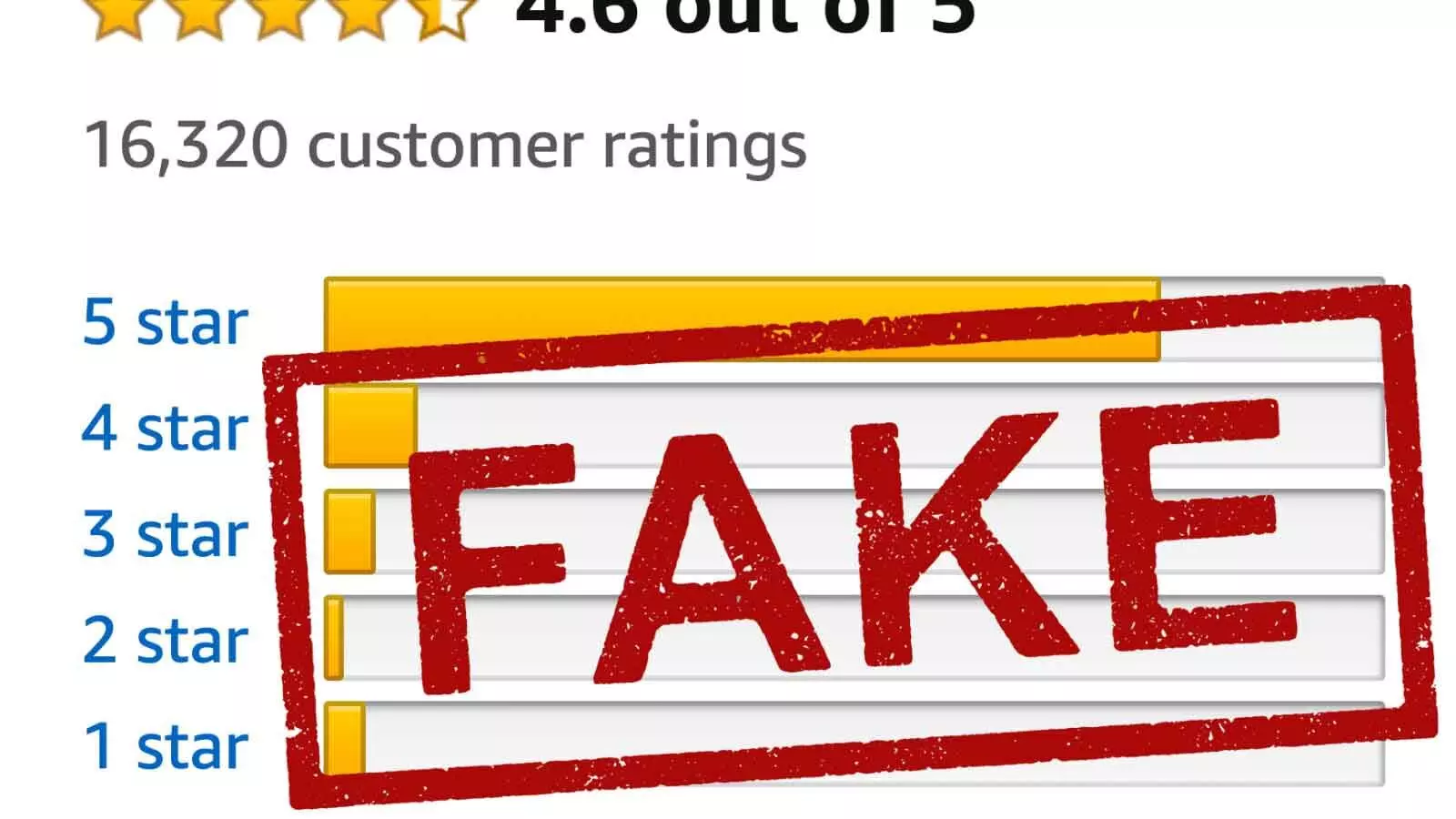Appropriate safeguard
The Indian Standards (IS) 19000:2022 guidelines on online consumer reviews can curb misleading reviews, thus empowering consumers and sellers

In recent years, ‘e-commerce’ transactions have witnessed a steady rise, with millions of consumers actively engaging in online reviews. Due to this, online reviews now play a significant role in influencing consumers’ purchasing decisions. However, with the rise in online reviews, concerns are also arising about the authenticity of some reviews, as they may be posted by solicited and unsolicited consumers. To address the issue, the Department of Consumer Affairs and Bureau of the Indian Standards (BIS) launched the ‘Indian Standard (IS) 19000:2022 Online Consumer Reviews - Principles and Requirements for their Collection, Moderation and Publication’, to curb fake and deceptive reviews on ‘e-commerce’ platforms.
What is an online review?
Online review sites offer consumers the chance to give feedback and share their experiences with products and services for the benefit of other potential consumers, as well as suppliers and sellers. Furthermore, these reviews play a significant role in shaping purchase decisions, and consumers heavily rely on them. These reviews are equally important for consumers and suppliers/sellers as they build confidence in feedback quality, integrity, accuracy, and transparency.
The rapid growth of consumer review spans various products (e.g., clothes, electrical appliances, toys, cars, etc.) and services (e.g., services by restaurants, hotels, builders, plumbers, electricians, lawyers, etc.). This empowers consumers and drives industry improvements, by creating a more dynamic exchange of experiences.
The Indian Standards (IS) 19000:2022 guidelines
The IS guidelines provide requirements and recommendations for the principles and methods for review administrators to follow in the collection, moderation, and publication of online consumer reviews. The standard is guided by the principles of integrity, accuracy, privacy, security, transparency, accessibility and responsiveness. It outlines specific responsibilities for both the review authors and the administrators. Furthermore, applicable to all organisations publishing consumer reviews online, including suppliers/sellers and third parties, the standard demonstrates a commitment to providing trustworthy reviews valued by consumer review sites. Moreover, it would help build confidence among consumers to purchase goods online and help them make better purchase decisions. By instilling confidence in online shopping, the standard aims to empower consumers to make better purchase decisions, benefiting all stakeholders in the e-commerce ecosystem.
Reported issues
Review sites can benefit consumers, making it easier to research products and services, and identify those that best suit their needs in terms of function, price, quality, and value for money. These sites allow consumers to share information about their experiences, and to seek feedback and opinions from thousands of other users. Furthermore, online reviews can also be a valuable resource for suppliers/sellers, helping them meet their customers' needs and expectations. Smart suppliers/sellers understand that proactively encouraging user reviews and responding quickly and positively to feedback can help them to keep existing customers and win new ones. As online reviews are increasingly becoming influential to consumers' purchasing decisions, it is vital to both consumers and suppliers/sellers that sites are managed effectively to build confidence in the quality, integrity, accuracy, and transparency of reviews. Both consumers and suppliers/sellers have reported some problems with online reviews. These problems might be intentional or unintentional but can lead to a degradation of trust in the online review process.
Some reported problems include false positive reviews written by the suppliers/sellers themselves intending to mislead consumers or false negative reviews written by suppliers/sellers’ competitors intending to ward off consumers from the organisation. Sometimes the activity businesses specialising in ‘online reputation management’ offer e-commerce companies services to improve their online reviews and consumers using their newfound position of public critic and in effect obtaining better circumstances or other benefits from a supplier/seller that they review. Additionally, some organisations select the better reviews and remove the negative ones which causes a lack of trust concerning the veracity of consumer reviews. These issues form the basis for the principles in this standard that are designed to resolve them.
T&C for online review
The organisation has to develop “a written set of terms and conditions that state the rules and criteria to be complied with for anyone wishing to submit a review.” The T&C are required to reflect that the review must be a personal consumer experience and factually correct, to the best of the author’s knowledge. Additionally, the T&Cs must prohibit defamatory language, marketing material, etc.
Further, with regards to how the review shall work, it shall collect data including, “Pre-submission”, “Submission” and “Post-submission” processes and the reviews should mandatorily contain the date of the review. Additionally, review authors can be allowed to give a description of their experience, time period of experience, photos, etc.
The challenges ahead
These guidelines are drafted to protect the interest of consumers. However, there may be instances where certain goods or services are purchased in the name of one individual only, but are utilised by varied members of the family and the review is published by another individual who was not the initial buyer. Therefore, identifying the veracity and genuineness of such consumers will be a key task. Moreover, small platforms may not be developing all their technology in-house. They may be using outsourced modules and use service providers for payments, logistics and third-party apps for review mechanisms. This is a challenge before the implementation of guidelines. In any case, there is a probable reason to believe that these guidelines shall protect the rights of the consumer to gain trust in online reviews and fake reviews shall be abridged in future.
In the evolving landscape of 'e-commerce,' authentic feedback stands as a cornerstone for confident purchasing. The battle against fake online reviews symbolises a collective commitment to protect consumers, nurture trust, and elevate the 'e-commerce' experience into a realm of informed choices and reliable decision-making.
Sangeeta Taak is Assistant Professor of Law at Rajiv Gandhi National University of Law, Patiala, Punjab; and Kartikey Singh is a fourth-year law student at RGNUL. Views expressed are personal



